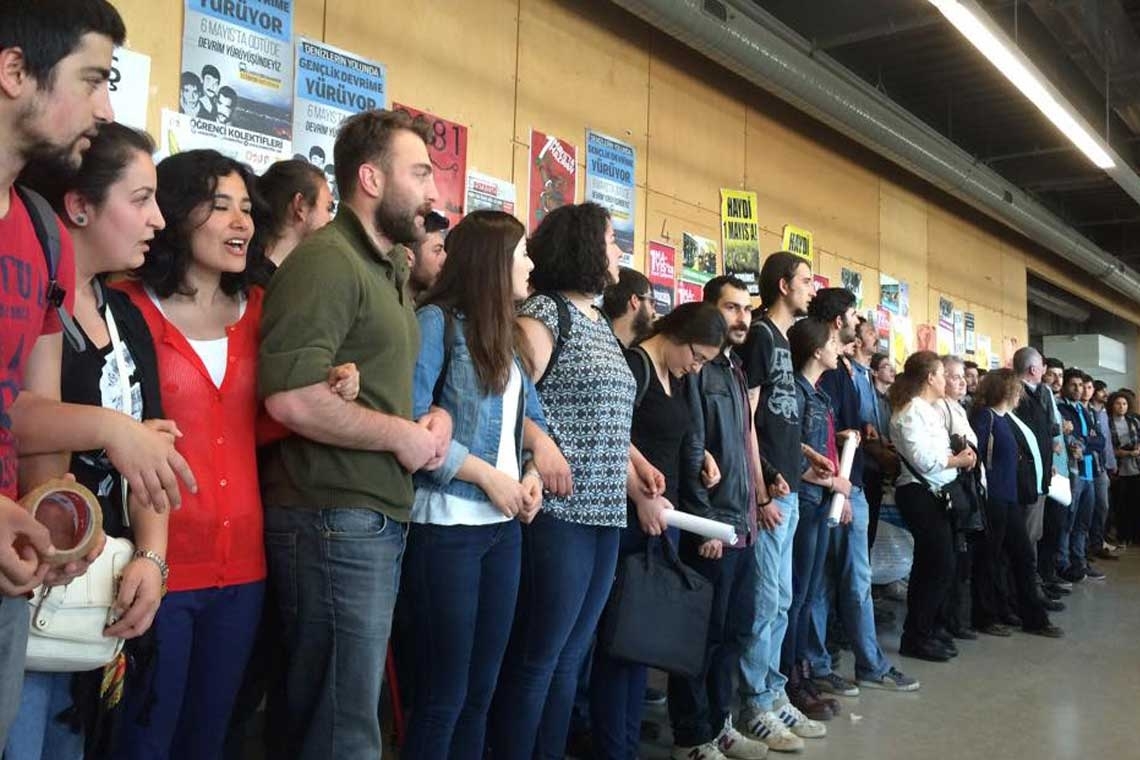Yıldız Tar
In a significant move towards protecting student rights and freedoms, Turkey's Constitutional Court has annulled several provisions of the Higher Education Law that allowed disciplinary actions against students for activities such as hanging posters, distributing flyers, and organizing protests. The decision, published in the Official Gazette on April 19, strikes down rules that had been heavily criticized for stifling freedom of expression and assembly in universities.
Previously, amendments made on February 2, 2023, had moved the authority to discipline students from regulations to law, granting educational administrators the power to punish students for "distributing unauthorized flyers or hanging posters and banners" among other actions. These changes were part of a broader legislative shift that also permitted universities to penalize students deemed to be acting on behalf of or aiding organizations, even without a judicial conviction.
The law was challenged in the Constitutional Court by members of the Republican People's Party (CHP), led by Özgür Özel among other 135 deputies. The court ruled that penalizing the distribution of flyers and organizing meetings violated the constitutional rights to freedom of expression and assembly, and that imposing disciplinary penalties without a conviction contravened the presumption of innocence.
The ball is now in the court of the Grand National Assembly of Turkey, as the annulment will take effect in nine months. This interval is intended to give the legislature time to address and amend the invalidated portions of the law. Critics, however, maintain that the regulations, as originally drafted and subsequently enacted into law, continue to pose a threat to the fundamental freedoms of organization and expression.
Evrim Gülez from the Education and Science Workers’ Union (Eğitim-Sen) commented on the development, emphasizing the importance of the annulment but noting that it was not sufficient. Gülez recalled that the previous disciplinary regulations were implemented right after the military coup on September 12, 1980, and had been contested for years. He criticized the government for adopting even more restrictive measures than those drafted by the military regime.
The decision has been welcomed by organizations like the Civil Space Studies Association, which has documented numerous cases of restrictions on freedom of expression on campuses. According to their reports, students have faced significant challenges, from scholarship cuts to bans on entering all institutions affiliated with the Council of Higher Education (YÖK) during investigations.
The ruling is seen as a deterrent to the administrative practices that have often infringed upon students' educational rights, particularly in politically sensitive environments such as during protests against appointed rectors at institutions like Boğaziçi University. The implications of the Constitutional Court's decision are vast, suggesting a need for a fundamental shift in higher education policies to ensure that universities can function as true centers of learning and freedom.



